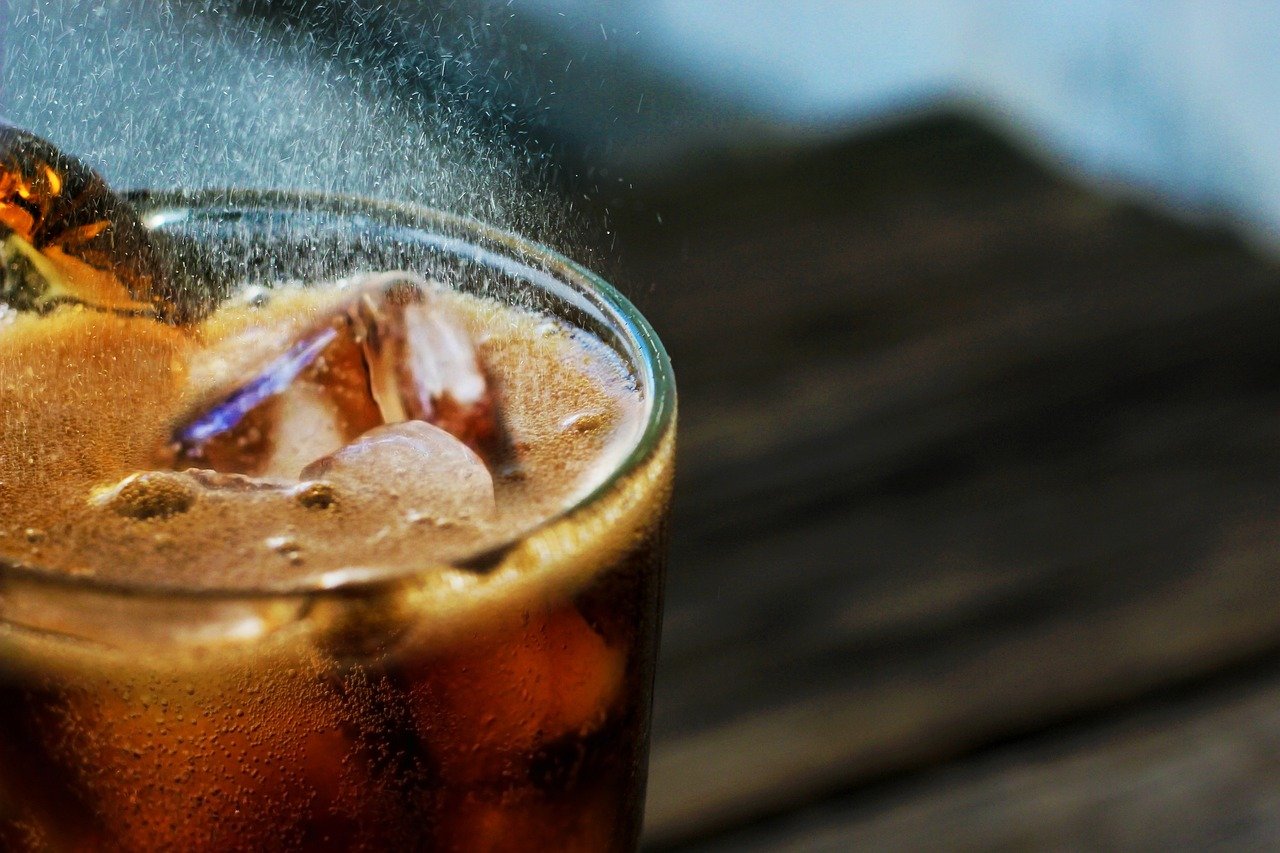
Taste the Feeling of…
The Coca-Cola Company, a symbol of American corporate culture, has grown from its inception in 1886 into one of the most recognized and valued brands worldwide. Best known for its flagship product, Coca-Cola, the company has diversified its portfolio to include a wide range of soft drinks, water, teas, and juices. Operating globally, Coca-Cola has a significant influence on the beverage market and consumer habits.
Despite its iconic status and commercial success, Coca-Cola has faced numerous controversies and criticisms, which have led to calls for boycotts. These issues include:
Environmental Impact: Coca-Cola's operations have a substantial environmental footprint, notably in plastic use and water consumption. The company is one of the largest producers of plastic waste, with millions of bottles contributing to global pollution. Additionally, Coca-Cola has been criticized for its water usage practices in regions facing water scarcity, raising concerns about resource depletion and community impact.
Health Concerns: The health implications of consuming sugary soft drinks, including those produced by Coca-Cola, are well-documented. High sugar content is linked to obesity, diabetes, and other health issues. Despite offering low-sugar and sugar-free alternatives, the company's marketing of sugary drinks, especially to children and in countries with rising rates of obesity, has attracted significant criticism.
Labor Practices and Human Rights: Allegations of unfair labor practices, exploitation, and violation of workers' rights in Coca-Cola's bottling plants and supply chains have surfaced over the years. Reports of anti-union activities, poor working conditions, and exploitation in developing countries have marred the company's reputation.
Marketing Strategies: Coca-Cola's aggressive marketing campaigns have been scrutinized for targeting vulnerable populations, contributing to unhealthy dietary habits. Critics argue that the company's promotional tactics overshadow the health risks associated with regular consumption of sugary drinks.
Community and Water Rights: In several countries, Coca-Cola's extraction of groundwater for bottling operations has led to conflicts with local communities over water rights. The company's significant water usage has raised ethical questions about the prioritization of corporate needs over local water access and ecological sustainability.
In light of these issues, calls for a boycott against Coca-Cola aim to hold the company accountable for its environmental practices, health impacts, labor conditions, and community relations. Advocates for the boycott encourage consumers to opt for healthier, more sustainable, and ethically produced alternatives.
The Coca-Cola Company, an emblem of global corporate influence, has been subject to extensive scrutiny not only for its environmental and health impacts but also for its financial and legal practices. Calls for boycotts against the company are underscored by concerns over pricing strategies, financial maneuvers, government subsidies, and legal challenges. These aspects contribute to the broader debate on corporate responsibility and ethics:
Price Gouging: Coca-Cola has faced accusations of price gouging, particularly in regions with limited competition, where consumers have few alternatives. This practice raises concerns about exploiting consumers and manipulating market dynamics for increased profits.
Stock Buybacks: The company has engaged in substantial stock buyback programs, repurchasing its own shares to boost stock prices and shareholder value. While common among large corporations, this practice has been criticized for prioritizing short-term gains for shareholders and executives over long-term investment in employees, product innovation, and environmental initiatives.
Tax Subsidies and Avoidance: Coca-Cola has been adept at navigating global tax laws to minimize its tax burden, sometimes through complex international arrangements. Additionally, the company benefits from various government subsidies and incentives. These practices have led to debates over corporate tax responsibilities and the equitable distribution of resources.
Product Recalls and Lawsuits: Over the years, Coca-Cola has been involved in several high-profile product recalls due to contamination and safety concerns, damaging consumer trust. Furthermore, the company has faced numerous lawsuits related to health impacts, environmental damage, labor disputes, and unethical marketing practices. These legal challenges highlight potential risks and consequences of the company's operations and policies.
The combination of these financial and legal issues with Coca-Cola's environmental, health, and labor practices presents a multifaceted critique of the company's global operations. Advocates of the boycott against Coca-Cola argue that by choosing not to support the company, consumers can demand greater corporate accountability, transparency, and commitment to ethical practices.
